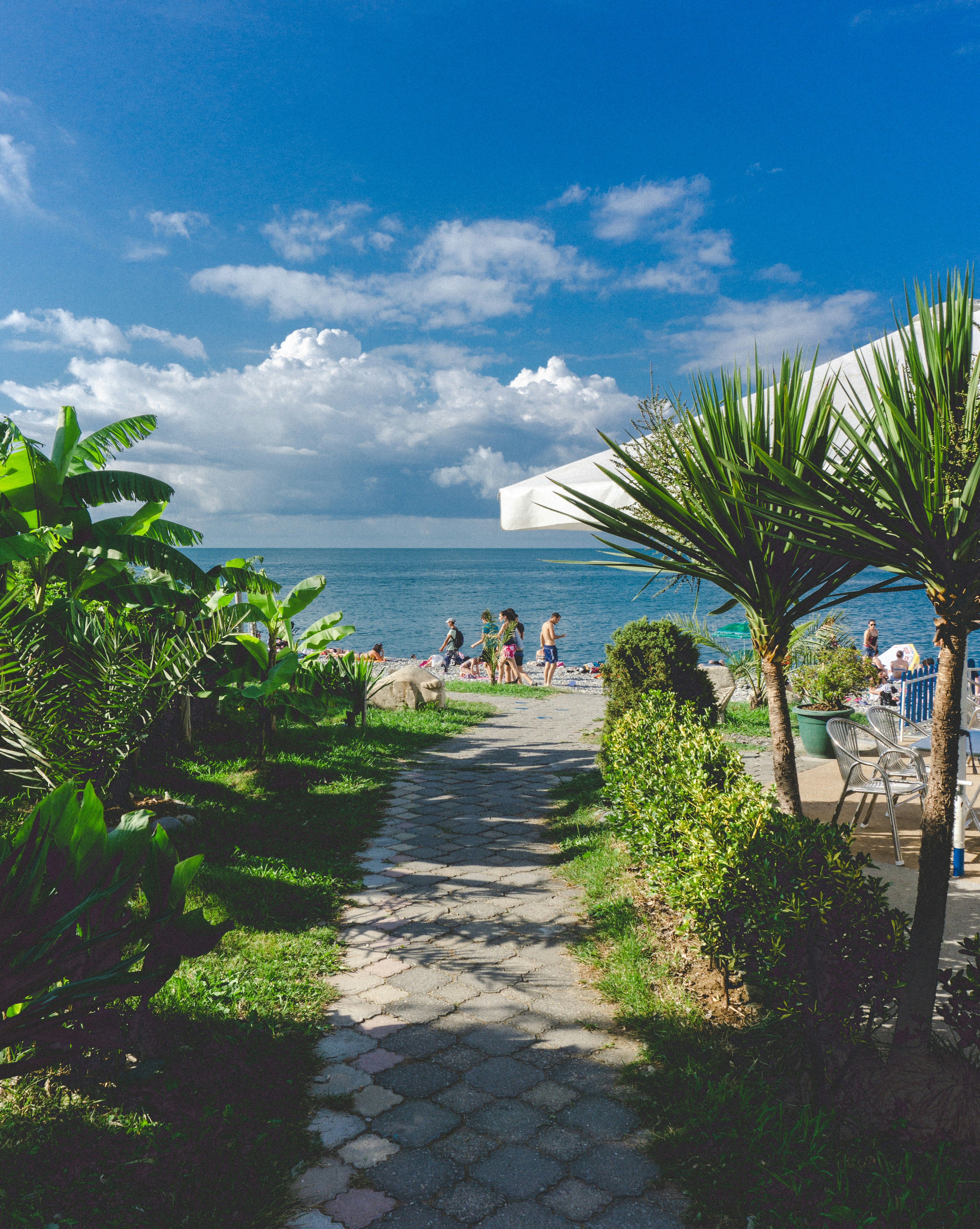Clash in Hamm: Will the Farmer Outpace RWE's Power? - Farmer's Triumph Over RWE in Hamm: Is Victory Secured?
Farmer's Climate Change Lawsuit Against RWE: Decision Looms in Germany
By Daniel Hüfner
For the past decade, Saul Luciano Lliuya, a farmer from Peru, has been battling German energy giant RWE in court. The legal showdown centers on the question of whether large-scale emitters can be held liable for concrete climate damage. On Wednesday, the Hamm Higher Regional Court will deliver its verdict, a decision with potential implications beyond Germany's borders.
Saul Luciano Lliuya, a 44-year-old farmer from Huaraz, combines potato, corn, and quinoa crops with his family. Having worked as a mountain guide for years, he has closely observed the melting glaciers of the Cordillera Blanca in Peru. His home is threatened by this environmental change, primarily due to the increasing water volume of the Palcacocha glacier lake. The risk of a floodwave from this lake could jeopardize not only Lliuya's residence but also the city of Huaraz, which houses approximately 55,000 residents.
Lliuya sought remedy from RWE in 2015, seeking financial support for protective measures against a potential floodwave. He argues that RWE, responsible for at least 0.47 percent of global CO2 emissions, should share responsibility for emissions of greenhouse gases emitted through its power plants. Experts at the University of Oxford support Lliuya's stance, outlining RWE as one of the hundred biggest historical climate offenders.
RWE contends that the lawsuit is legally inadmissible, stating that climate change is a global issue attributable to multiple emitters. Such a claim, they argue, would de facto make every car driver liable. Instead, they advocate for state and interstate action against climate change.
The trial commenced over a decade ago, and the District Court of Essen initially dismissed Lliuya's lawsuit. However, the Higher Regional Court of Hamm permitted the proceedings in 2017, setting a precedent for German companies acknowledging accountability for global climate damage. In 2023, German judges traveled to Huaraz for on-site evidence gathering, a first in such a trial.
Two experts presented their findings in an oral hearing in mid-March, with differing opinions on the threat to Lliuya's home. Reports suggest that the probability of the farm being affected by a glacier flood in the next 30 years is roughly 1%, while the family's critical argument points out shortcomings in the experts' reports that fail to account for factors such as thawing permafrost and possible rockslides.
The verdict was initially scheduled for mid-April 2025 but was postponed to May 28 due to a bias motion. Legal experts have expressed skepticism about Lliuya's chances of succeeding in the lawsuit, citing difficulty in proving RWE's direct responsibility for the specific climate damages.
A potential guilty verdict against RWE could have wide-reaching implications. It could transform the legal landscape by setting a precedent for climate accountability, encouraging global institutions to bring similar cases against large emitters. This could push companies to adopt sustainable practices to mitigate legal and reputational risks. Furthermore, it would serve as a victory for climate activists worldwide, prompting stronger regulations and stricter corporate accountability laws.
Lliuya acknowledges the slim chances of success but regards the lawsuit as a significant milestone. "The court visited my city and saw what's happening. That's already a success for me," he has stated.
Capital, a partner brand of the stern, offers more insights on climate litigation and its consequences at www.stern.de/capital.
- The European Union, recognizing the potential implications of the verdict in the lawsuit between Saul Luciano Lliuya and RWE, may consider adopting environmental-science research to investigate the responsibility of large-scale emitters in climate-change events that impact European communities.
- The science community, observing the progress of the lawsuit, may utilize this case as an example to advocate for the integration of climate-change mitigation measures in various industries, including energy and finance, to reduce greenhouse gas emissions and minimize future environmental damage.
- If RWE is found guilty, it may significantly impact the industry's approach to environmental-science research, compelling companies to invest in sustainable energy solutions to mitigate potential legal and reputational risks associated with climate-change litigation.








